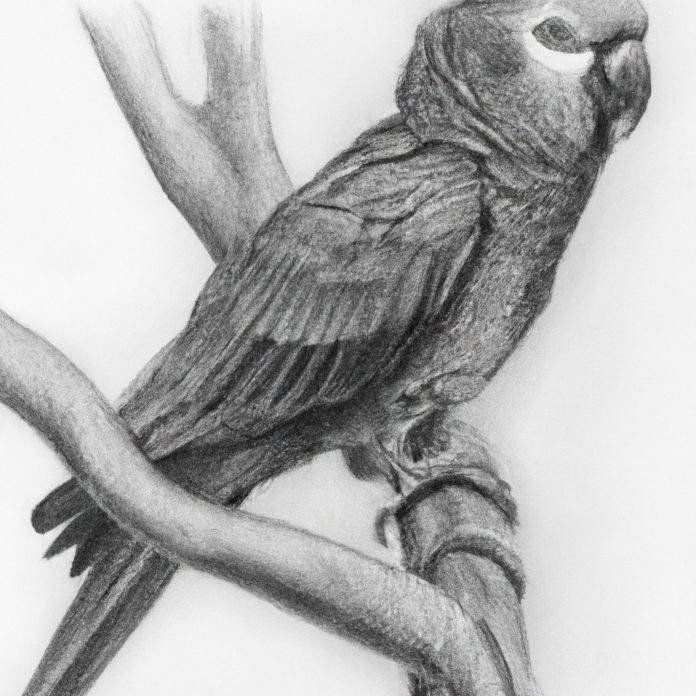Dear VetBabble,
I’ve noticed that my parrot’s color is changing, and I’m not sure what to do. How can I determine if this is a normal process or if my bird needs medical attention?
A Colorful Concern: Understanding Parrot Color Changes
It’s important to address any changes in your parrot’s appearance, as it may be an indicator of an underlying issue. However, it is also worth noting that some color changes can be entirely normal and are just part of your bird’s natural aging process or molting stages. In this article, we will discuss the common reasons for parrot color changes and how to best care for your bird during these transitions.
Normal Color Changes and Molting
As your parrot ages, you might notice some changes in their feather color. This is a normal part of their life cycle, and proper diet and grooming, as detailed in our Bird Feeding and Bird Grooming and Cleaning articles, will help maintain their overall health.
Additionally, parrots go through a process called molting, where they shed old feathers and grow new ones. This process may affect the overall appearance of their color, but is completely natural. It’s essential to provide them with proper nutrition during this time to support feather growth and maintain a healthy immune system. If you’re considering getting a pet bird, you might be interested in reading our guide on Are You Ready for a Pet Bird?
When to Seek Veterinary Attention
While some color changes are normal, others may indicate an underlying issue that requires medical attention. If you notice any of the following signs in addition to the color change, it’s essential to consult your veterinarian:
- Visible skin issues, such as redness or wounds
- Excessive itching or signs of discomfort
- Listlessness or lethargy
- Loss of appetite or difficulty eating
These symptoms could indicate issues such as parasites, skin disease, or malnutrition. Bloodwork can help rule out any health problems, and your veterinarian will decide the best course of treatment depending on the cause.
Choosing the Right Companion
Understanding the common reasons for parrot color changes is crucial for maintaining your bird’s health, but it’s also essential to have a suitable companion. Be sure to read our guide on How Should I Pick the Right Pet Bird for Me? to find a bird that best suits your lifestyle and household.
In conclusion, it’s important to monitor your parrot’s color and appearance, as it may indicate an underlying concern. Stay informed about normal color changes and molting, and be prepared to seek veterinary care if symptoms worsen. Remember that proper nutrition, grooming, and care will help keep your parrot looking and feeling their best.









